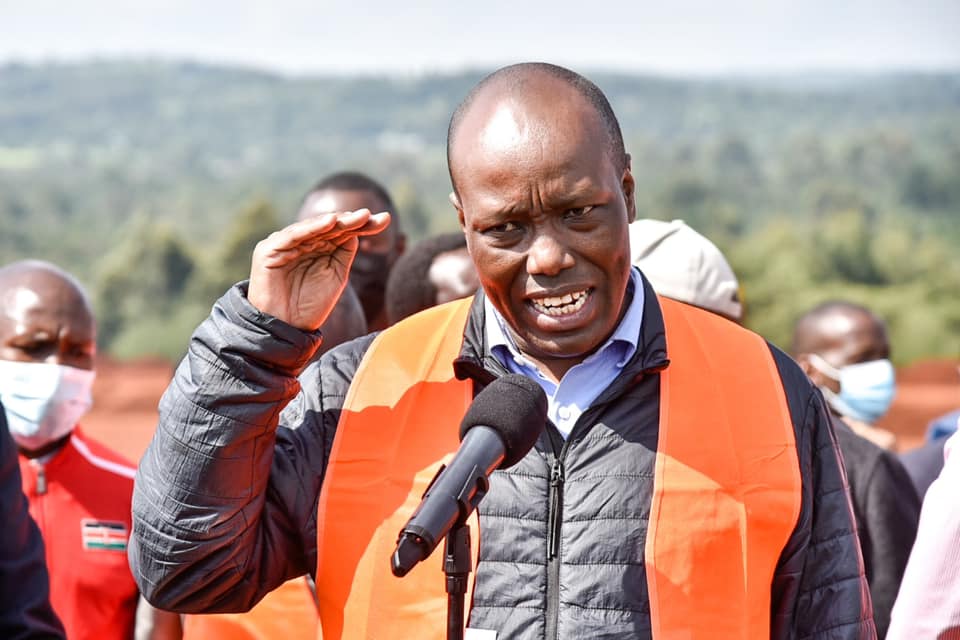As Kenya grapples with the devastating aftermath of the recent Saba Saba protests of July 2025, Investments, Trade and Industry Cabinet Secretary Lee Kinyanjui has vehemently condemned the widespread destruction and immense economic loss suffered across the country.
In a scathing statement issued on X, formerly Twitter, CS Kinyanjui expressed profound concern over the escalating unrest, the tragic loss of lives, and the severe economic setback inflicted by the demonstrations.
“As the smoke settles, the extent of the damage and loss of life is becoming clear,” Kinyanjui declared. “Billions have been lost, and many lives disrupted, some forever. An abomination has visited the land.”
The CS’s stark remarks come in the wake of nationwide protests initially sparked by discontent over the high cost of living and recently intensified following the controversial Finance Bill.
The Saba Saba commemoration, meant to honour a historic pro-democracy movement, tragically spiralled into widespread looting, arson, and violent confrontations with law enforcement.
The July 7 Saba Saba protests were particularly devastating, with several reported deaths, countless injuries, and extensive destruction of both public and private property.
Kinyanjui termed the incidents a significant setback for the country’s progressive vision. “Families are mourning, while others nurse their wounded kin,” Kinyanjui lamented. “This is not the reality we desire for a progressive nation.”
In major urban centres including Nairobi, Kisumu, and Mombasa, small and medium enterprises bore the brutal brunt of the chaos.
Shops were ransacked, businesses vandalized, and entire livelihoods obliterated in a matter of hours. This profound economic blow lands at a time when countless Kenyans are already grappling with rampant joblessness and soaring inflation.
“My heart bleeds for the many businesses that were vandalized, looted, and burned down,” Kinyanjui passionately stated. “Thousands now have no place to report to work or sell their wares; this is both defeatist and retrogressive.”
While acknowledging the deep-seated frustration felt by many Kenyans over the rising cost of living, Kinyanjui issued a stern warning against the self-destructive nature of the protests.
He argued that the violence and destruction only serve to exacerbate the very economic crisis people are fighting against. “We cannot sacrifice our businesses and terminate jobs to protest the cost of living—doing so only worsens the problem,” he cautioned. “We have added more people to the jobless bench.”
Ultimately, Kinyanjui emphasized the critical need for constructive dialogue and non-violent approaches to address the nation’s myriad challenges.
He maintained that while dissent is an undeniable democratic right, it must be exercised responsibly and within the confines of the law.
“Anarchy is not the panacea to the challenges our society faces,” Kinyanjui concluded. “We can and must do better than this.” He suggested that while the grievances fueling the protests are legitimate, the path to resolution must not lead through flames and bloodshed, urging for a more peaceful and productive way forward.












